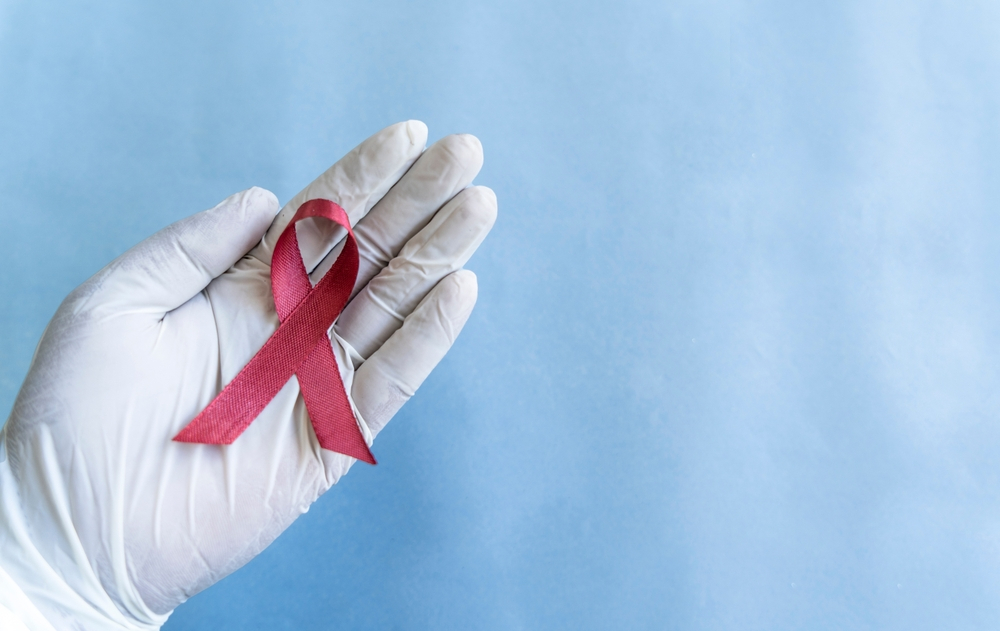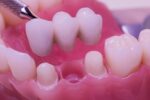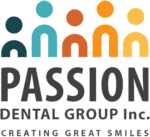The relationship between poor oral hygiene and the risk of oral cancer is a crucial factor in the complex field of oral health.
Have you ever considered the potential wider effects of skipping your dental hygiene routine?
We will examine the complex relationship between oral hygiene practices and the risk of developing oral cancer.
Dentist in Sidney play a vital role in preventing a potentially misdiagnosed illness by emphasizing the importance of maintaining good dental health and using their expertise to pose insightful questions backed by relevant data.
Role of the Oral Cavity
The oral cavity serves as a complex gateway crucial for both digestion and overall well-being. Comprising the lips, tongue, teeth, and soft tissues, it plays a vital role in speech, taste, and maintaining oral health.
Beyond its functional aspects, the oral cavity is an intricate ecosystem requiring attentive care. Effective oral hygiene not only prevents dental issues but also contributes to systemic health.
Understanding the multifaceted role of the oral cavity underscores the importance of adopting user-friendly practices to ensure optimal function and overall well-being.
Factors Causing Poor Oral Hygiene
Understanding the factors influencing poor oral hygiene lays the foundation for effective and user-friendly care.
-
Irregular brushing habits
- Regular brushing is a stalwart defence against plaque accumulation.
- Forge a daily brushing routine, ensuring a brighter and healthier smile.
-
Tobacco Use
- Tobacco’s adverse impact on oral health necessitates seeking assistance for cessation.
- Reach out for support in quitting, fostering improved oral well-being.
-
Inadequate dental care practices
- Skipped check-ups and neglected flossing contribute to oral issues.
- Regularly schedule check-ups and cultivate the habit of consistent flossing.
-
Unhealthy Dietary Choices
- Diets rich in sugars and acids accelerate dental decay.
- Opt for a balanced diet, championing overall oral health.
Locate a dentist near you, leveraging their expertise for user-friendly guidance. This proactive approach enhances informed decisions, fostering optimal oral hygiene for a radiant and healthy smile.
How Poor Oral Hygiene Causes Oral Cancer
An increased risk of oral cancer is brought on by poor dental hygiene. Poor hygiene makes it easier for dangerous germs to proliferate, which raises the risk of inflammation and infections. One important element that fosters the growth of cancer is chronic inflammation.
To be more precise, the bacteria’s contact with oral cells may result in genetic alterations that could eventually cause malignant growth. The importance of routine dental care in averting such issues is highlighted by this.
Frequent dental hygiene practices such as brushing, flossing, and expert examinations serve as preventive strategies that substantially lower the risk and provide a strong defence against the complex correlation between oral cancer and poor dental hygiene.
Realizing this link enables people to put careful dental care first for their general health.
Preventing Oral Cancer through Good Oral Hygiene
Preventing oral cancer begins with embracing robust oral hygiene practices. Consistent brushing, flossing, and professional dental check-ups form the foundation of this defence, inhibiting the environment for cancerous development.
Avoiding tobacco and moderating alcohol intake further strengthen this defence. These lifestyle choices, coupled with optimal oral health, create a formidable shield against oral cancer.
Recognizing the value of early detection, routine dental visits are pivotal. Dentists, armed with knowledge and tools, play a crucial role in spotting early signs and guiding individuals toward optimal oral well-being.
In essence, oral cancer prevention entails daily habits that empower individuals to proactively manage their oral health and mitigate associated risks.
Symptoms and Risk Factors for Oral Cancer
Understanding the signs and risk factors for oral cancer empowers us to prioritize our oral health.
Common Symptoms
Watch for persistent mouth sores, voice changes, and swallowing issues—potential signals of oral cancer.
Though seemingly common, these symptoms warrant special attention. Recognizing them early is vital for swift intervention. If persisting, prompt professional advice is crucial.
Early detection markedly enhances treatment success, emphasizing the importance of attentive awareness for optimal oral health.
Risk Factors
Recognizing risk factors is vital. Tobacco use, excessive alcohol consumption, and contracting the human papillomavirus (HPV) significantly increase susceptibility to oral cancer.
By staying attentive to these symptoms and risk factors, we can actively engage in preventive measures.
Regular dental check-ups and a healthy lifestyle, including abstaining from tobacco and moderating alcohol intake, play key roles in maintaining optimal oral health and minimizing the risks associated with oral cancer.
Your Resource for Brilliant Smiles is Sidney Harbour Dental
You can rely on Sidney Harbour Dental to help you achieve a brilliant smile. Your oral health is in safe hands because of our careful attention to detail.
Schedule an appointment with us right now to start your road toward long-term well-being.









